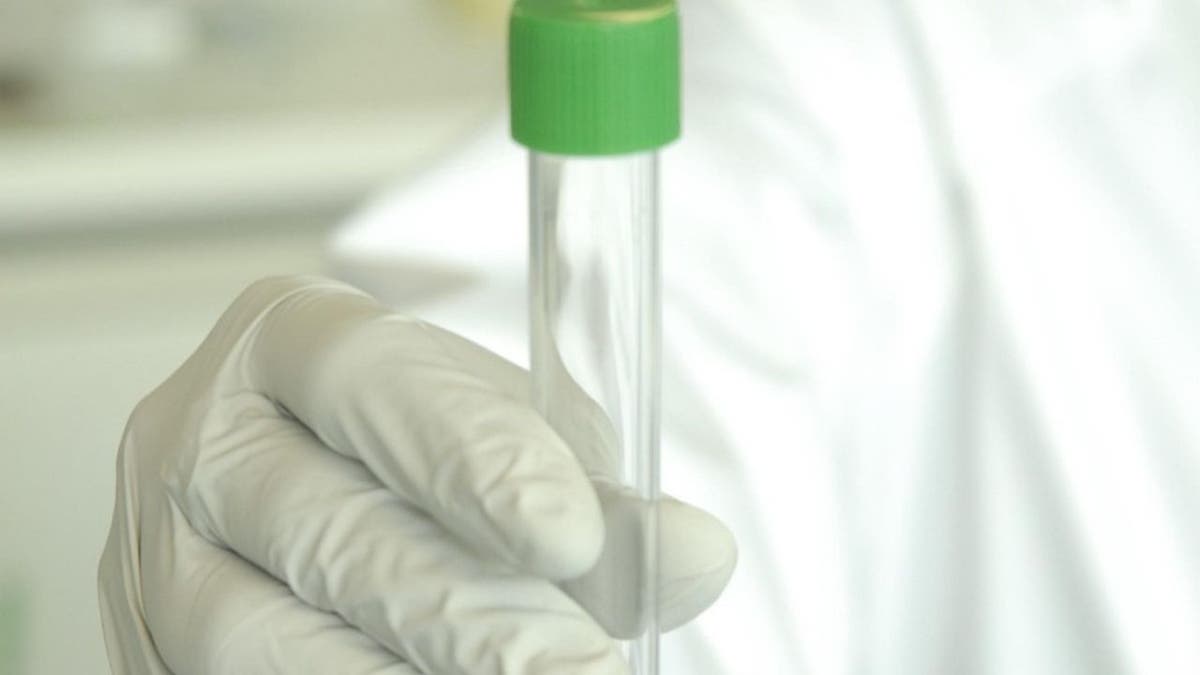23andMe money woes could expose killers who escaped justice: expert

The recent bankruptcy filing of genetic testing company 23andMe, which allows users to spit in a tube and send away the sample for a detailed DNA analysis, has sparked the possibility that the data could revolutionize cold-case cracking.
“The more data you have, the better that data could help law enforcement in solving cold cases,” Eric Brown, the founder and CEO of Imperio Consulting, told Fox News Digital. “Where law enforcement didn’t have access to DNA before, the potential sale could provide additional genetic information that authorities did not have access to before.”
In the past, 23andMe generally resisted law enforcement requests for customer data, but it would comply with valid court orders or subpoenas. The company’s Transparency Report noted that it received 15 requests from law enforcement but fulfilled none of them.
“The sale of 23andMe could increase the database by millions of records that they didn’t have access to before,” Brown said. “The least sliver of DNA from a criminal could 100% help law enforcement.”
PROTECT YOUR GENETIC DATA: URGENT STEPS AFTER 23ANDME BANKRUPTCY
The Golden State Killer
DNA databases gained public attention in April 2018 when the suspected Golden State Killer became the first person to be arrested through the use of the database and a DNA-and-family-tracing method called genetic genealogy.
Former police officer and Golden State Killer Joseph DeAngelo was sentenced to life in prison in a decades-old case of a serial murderer and rapist.
DeAngelo was brought to justice after detective work was combined with DNA databases and family trees to identify potential suspects. He was charged with the murder of 13 people, the rape of around 50 women, and the commission of burglaries across California during the 1970s and 1980s.

The Casey Anthony case
In the infamous 2008 case, 2-year-old Caylee Anthony was found dead in Orlando, Florida, and her mother, Casey Anthony, was accused of murder.
DNA evidence from the remains found in a wooded area helped confirm the identity of the body. While the DNA was important, the case also involved contentious debates about evidence.
EXCLUSIVE: CASEY ANTHONY’S FATHER SEEN FOR FIRST TIME AFTER TAKING POLYGRAPH TEST ABOUT GRANDDAUGHTER’S MURDER
A jury found Anthony guilty of lying to law enforcement but not guilty of first-degree murder, aggravated manslaughter and aggravated child abuse after a trial in 2011. Caylee’s death remains unsolved.
While Casey Anthony was ultimately acquitted, DNA evidence played a significant role in the investigation.

23andMe announced in a statement this week that it had entered the federal bankruptcy process with the goal of finding a buyer to address its ongoing money troubles.
Co-founder Anne Wojcicki stepped down as CEO and said in a post on X that she hopes to purchase the company herself. The board rejected an offer she made this month, according to a press release.
FORMER DUKE FOOTBALL PLAYER CONFESSES TO KILLING EX-REAL ESTATE AGENT FRIEND IN HER UPSCALE TOWNHOUSE: POLICE
Following the company’s filing for Chapter 11 bankruptcy protection, the service’s more than 15 million users were left asking: What’s going to happen to my data?
“The loss of data is really an important point to consider here,” Darren Williams, the founder of three technology start-ups and the founder and CEO of BlackFog Inc., a cybersecurity company focused on data security and ransomware prevention, told Fox News Digital. “We really need to ensure that it doesn’t get into the wrong hands, because that’s where they could easily harvest this data and actually use it for ransom.”

In 2023, 23andMe saw such a data breach. The breach, outlined in an SEC filing, revealed that hackers were able to access the accounts of roughly 0.1% of its user base, or about 14,000 of its 14 million total customers. The attackers were also able to exploit 23andMe’s opt-in DNA Relatives (DNAR) feature, which matches users with their genetic relatives, to access information about millions of other users.
“Once the data is gone, you’ll never get it back again,” Williams said. “I mean, after all, we’re dealing with cyber criminals.”
FOLLOW THE FOX TRUE CRIME TEAM ON X
The rise and fall of 23andMe: Peak to plateau to panic
Eran Barak, CEO of MIND, a data security firm, told Fox News Digital that interest plateaued in DNA testing companies following their growth in the 2010s.
Barak said the companies’ downfall was due to market saturation, fewer consumers interested in recreational genealogy and rising consumer wariness about how their sensitive data is handled.
“When your DNA is compromised, it’s not just a password reset. It’s permanent,” he said.
“The breach raised alarm among customers concerned about their privacy and how DNA-testing firms handle their data,” Barak said. “Genetic data is arguably the most sensitive form of personally identifiable information (PII). It can reveal predispositions to disease, familial relationships and even be used in criminal investigations.”
The plateauing interest in recreational genealogy services moved many companies towards monetizing customer data through partnerships with pharmaceutical and research institutions.
“The 23andMe bankruptcy isn’t just about business mismanagement or market downturns; it reflects growing skepticism around personal genetic data, rising concerns over PHI (Protected Health Information) and PII (Personally Identifiable Information) security, and broader shifts in how consumers engage with biotech and digital health platforms,” Barak said.
Fox News Digital has reached out to 23andMe for comment.
Fox News Digital’s Audrey Conklin contributed to this report.
Read the full article here








